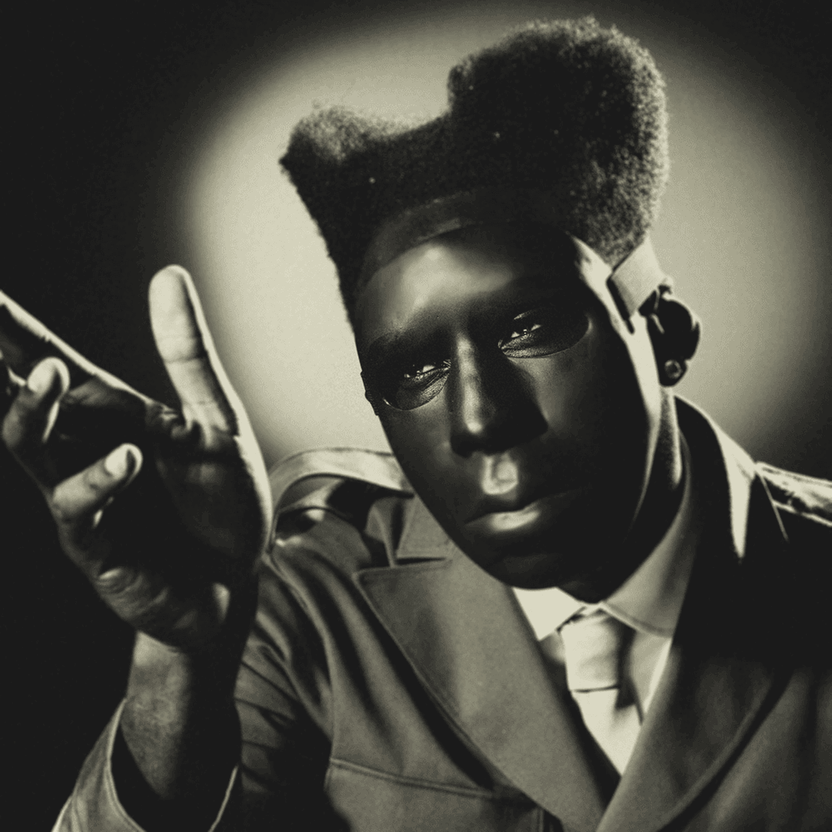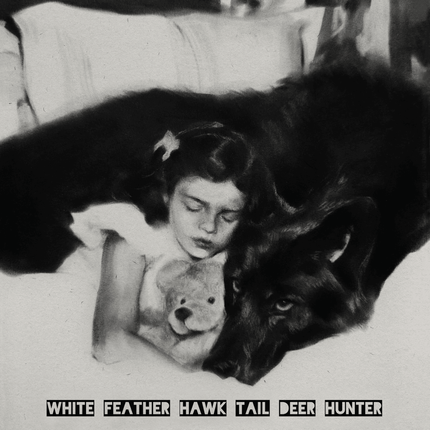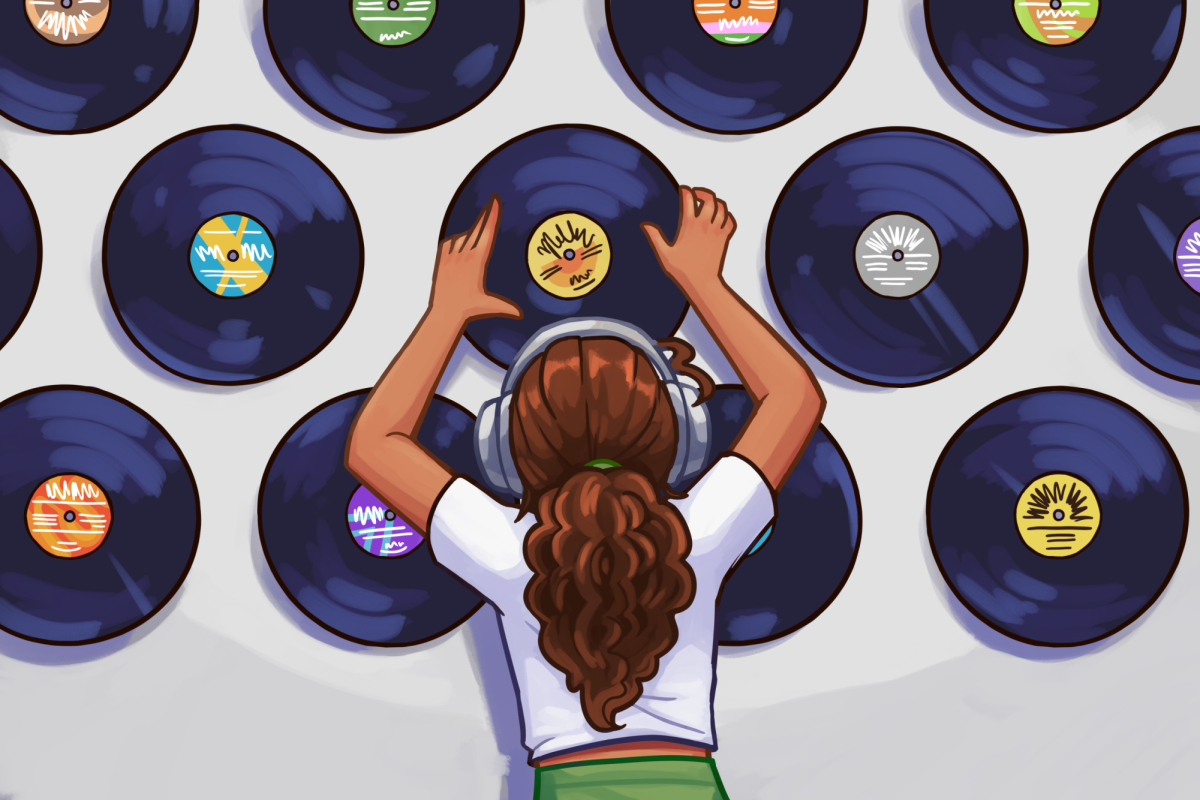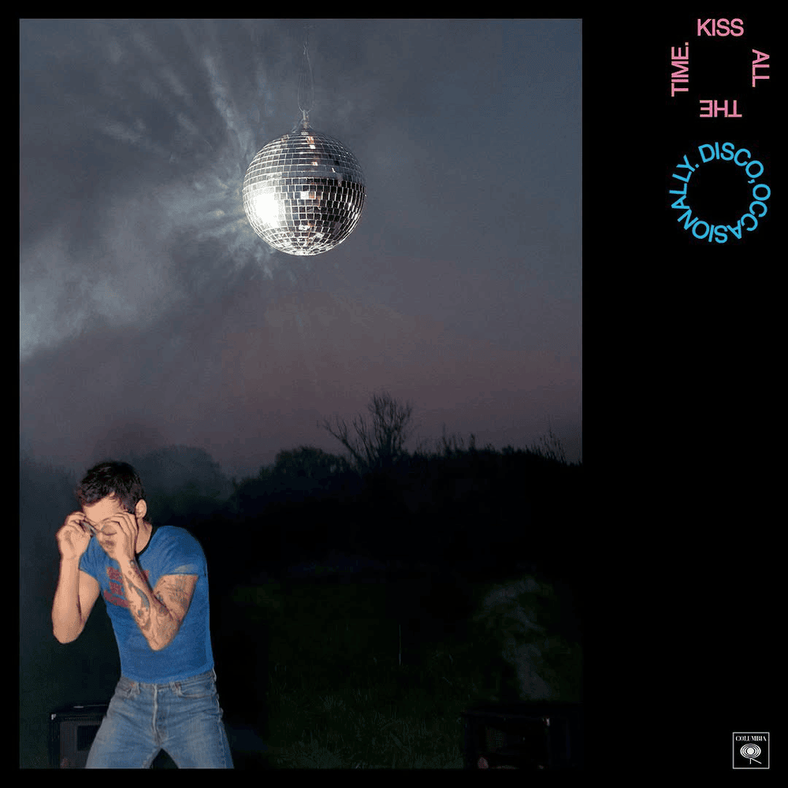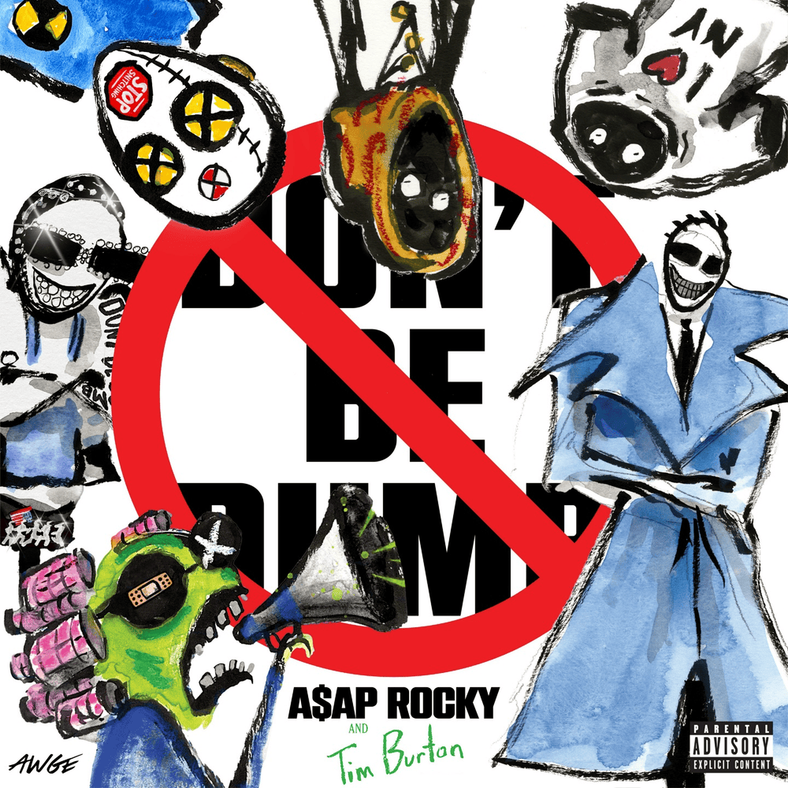Rating: 8/10
Tyler, The Creator’s seventh studio album, “CHROMAKOPIA,” came as somewhat of a surprise, with the announcement of its release coming out only weeks before it dropped.
Much like the album’s hasty declaration and release, the project catches you off guard — punchy beats are met with disquieting electronic effects and acidic production sounds that spiral into an abrasively unnerving atmosphere.
It can be overwhelming — it’s the type of album you must listen to a few times before you fully begin to understand the concept, the type of album where you must revisit certain lyrics to understand their depth truly.
Get The Daily Illini in your inbox!
But it’s playful and provocative as much as it’s mind-bendingly adept, themes of maturity grating against Tyler, The Creator’s undeniably immature persona.
Throughout the album, he watches his friends grow up around him while he’s stuck as the same crudely juvenile boy who wrote songs like “Goblin” and “Tron Cat” — or maybe that’s just the image people seek to reduce him to.
“CHROMAKOPIA” reflects Tyler, The Creator’s personal growth over the years and depicts his development since his rise to fame, moving beyond the adolescent persona that fans still cling to.
The album pays particular attention to Tyler, The Creator’s mother, whose voice offers phrases of advice throughout many tracks, while he also sentimentally reflects how she’s growing older.
Both his mother and father are major components of “CHROMAKOPIA.” Tyler, The Creator addresses them with completely different perspectives — his father represents the anxieties of parenthood woven throughout many songs, while his mother remains a formative figure.
Whether ruminating on parenthood, past mistakes, his absent father or the stresses of fame, the album is layered with themes of growth and change alongside the discomfort that the future holds.
“St. Chroma” starts with the sharp thump of marching feet and subtle whispers before a silky electronic synth effect digs its way under the beat, like a termite ruthlessly gnawing into wood.
The chorus is composed of a soulful falsetto that smoothly coasts over the striking bass and layered synth. It acts as a tranquilizer against the unyielding shove of the drums and the thrashing vocal harmonies, the disconnect between the harder moments of the song fearlessly clashing against the pastel-hued melody.
The song fluidly transitions into “Rah Tah Tah,” the abrasive bass, jarring harmonies and short-circuiting drum track darting throughout the three-minute song to create a caustic interlude before the next track.
“Noid” is a discordant ballad of paranoia, made up of sharp chords and a rasping beat that scurries over electronic pulses. It’s a meticulously curated blend of rock and rap, with heavy metal guitars matched with Tyler, The Creator’s cool flow, creating an unexpected juxtaposition.
The song evaluates paranoia and the tension of fame under the dissonant production sound, enriched by a sample from Zamrock band Ngozie Family that bursts with a ’70s funkadelic feel.
“Darling, I” is composed of melodies lush in their vibrance, hypnotic spirals of sound flourishing under Tyler, The Creator’s gliding falsetto. Its sonically optimistic, dynamic swells embrace the listener as Teezo Touchdown adds an expressive feature, his voice effortlessly twisting with the beat.
One of the main themes throughout the 53-minute album is being a parent, with Tyler, The Creator obsessively reflecting on fatherhood across numerous tracks — either the anxieties of having a child or being 33 years old and not having one.
On “Hey Jane,” it seems to be the former, as he smoothly raps about a pregnancy scare with a woman named Jane. The song is conversational, shifting from his perspective to hers, as they discuss the complications of the pregnancy over a reserved beat and dulcet piano lines.
“Hey Jane, we got the news and I ain’t know what to do,” Tyler, The Creator sings, his voice contemplative as the warmth of the production seeps into the lyrics.
On “Tomorrow,” he continues to explore the unease of parenthood, rapping about his fears of growing older and the looming thought of children.
“I’m gaining weight, I’d rather rest/ The thought of children, it brings me stress/ Because time is changing,” he ruminates over the tender melody, delicate in its fragility.
Many of the tracks disagree with themselves, the sharpness of the lyrics contrasting with the whispering melodies or the other way around — ear-piercing instrumentation rearing its head over hesitant verses that gush with the promise of saying something great, just in a more evasive tone.
“Thought I Was Dead,” featuring ScHoolboy Q, returns to the undeniably rough feel, its relentless beat indulging in the stark intensity that drives many of the songs while continuing to explore Tyler, The Creator’s nuances as an artist.
It begins with staggering horns layered over thundering shouts and Tyler, The Creator’s commanding vocals, disconnected chimes frantically skittering throughout the song. Though each verse is harsh in its content, he seems to deliver them with a shrug of his shoulder and a poker face, unphased by the magnitude of his impact.
“CHROMAKOPIA” is multifaceted. It’s knowingly chaotic and sometimes unpleasant, a masked panorama of feeling that isn’t straightforward but layered in complexity.
The album fails to address Tyler, The Creator’s apprehensions, leaving the listener to contemplate the unease of life’s uncertainty. It lacks a concrete message in its outro and doesn’t end things cleanly; even if it could, it wouldn’t seem fitting.



